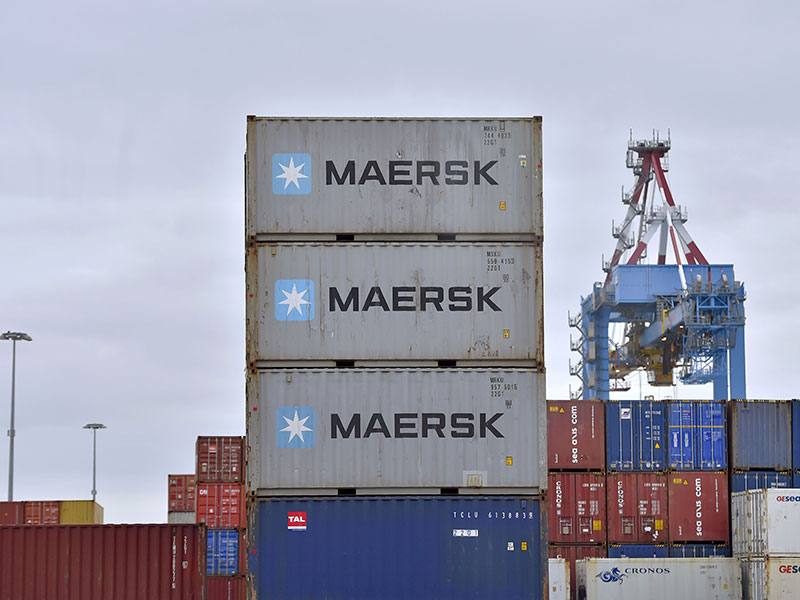Danish energy regulator approves Total’s purchase of Maersk Oil
The sale of Maersk’s oil operations to French energy giant Total has been given the green light by the Danish Energy Agency, paving the way for the $7.45bn deal to close this quarter

The $7.45bn acquisition of Maersk's oil division will make Total the second largest operator in Northwest Europe, second only to China National Offshore Oil
On March 2, Denmark’s energy regulator finally approved Total’s purchase of Maersk’s oil division, bringing an end to the Danish conglomerate’s energy business after 56 years.
The sale of Maersk Oil to French energy giant Total was first announced in August 2017, but had been stuck in limbo as the companies awaited a green light from the Danish Energy Agency. The companies now expect the $7.45bn deal to close by the end of the quarter.
“As part of the agreement, Total will take over Maersk Oil’s organisation portfolio, obligations and rights with minimal pre-conditions,” Maersk revealed in a statement.
As a regulatory condition of the sale, Maersk will accept secondary liability for the decommissioning of its share of the existing offshore infrastructure in the Danish North Sea, represented by its 31.2 percent stake in the Danish Underground Consortium. Put simply, in the unlikely event Total cannot cover the cost of decommissioning the purchased assets, Maersk will have to pay up to $1.2bn in lieu.
The sale of Maersk Oil marks the end of an era for Danish energy, with the company previously having held a 50-year exclusive licence to explore an area of the Danish North Sea
In a press release issued when the deal was first announced, Total said the acquisition would make it the second largest operator in Northwest Europe, second only to China National Offshore Oil. The deal comes as Total, the world’s fourth largest oil company in terms of market capitalisation, continues to aggressively expand its global acquisitions and exploration activities, having recently established new projects in Lebanon, Iran, Libya, Brazil and Angola.
The sale, on the other hand, is part of a four-part liquidation of Maersk’s energy assets. The Danish conglomerate sold Maersk Tankers for $1.2bn at the end of last year and plans to sell off both its drilling and supply services in the near future. Despite the sale, Maersk will retain a stake in the oil market through the 97.5 million Total shares – worth $4.95bn – it will receive as part of the deal.
Nonetheless, the sale of Maersk Oil marks the end of an era for Danish energy, with the company previously having held a 50-year exclusive licence to explore an area of the Danish North Sea. Maersk is also the founding member and current operator of the Danish Underground Consortium, a partnership of oil companies responsible for 85 percent of Denmark’s oil production.
The revenue from the sales will provide a capital boost for Maersk, which controls almost a fifth of the world’s container shipping market, as it plans to focus on integrating its shipping and logistics operations. The timing of the exit is also strategic, with oil production in the Danish North Sea having experienced a natural decline since its peak in 2005.













